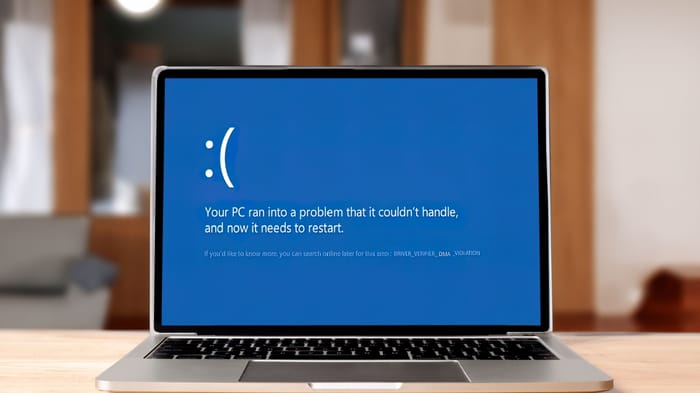'Simplify Everything': Google Talks Container Security in 2019
Google Cloud's container security lead shares predictions, best practices, and what's top of mind for customers.

Security is top of mind for Google's container customers, with many worried about configuration and other protective measures as they strengthen cloud protection for 2019.
"A lot of configuration and best practice/hardening type questions are coming in," said Maya Kaczorowski, Google product manager for container security, in a roundtable focused on container trends and practices. Most concerns relate to infrastructure, software supply chain, and runtime security, she explained, pointing to common customer questions.
"Users are worried about what's ending up in their environments," Kaczorowski continued. But that's no reason to shy away from containers. "You can have a different security model for containers, and arguably a better security model," she added, if the right steps are taken.
Containers are short-lived and frequently deployed, she explained, meaning you can constantly apply patches and updates without having to worry about downtime. Containers are "meant to be immutable" and should not change when deployed, meaning alterations can be red flags.
"When a container does change, it means something has potentially gone wrong," Kaczorowski said. "A modified container is a built-in security alert." Businesses are growing worried about the security implications of utilizing containers and risks around the software supply chain.
Many users are asking about whether their container images are secure to build and deploy. They want to know how they can ensure their container images are free of vulnerabilities, and how they can ensure images they built aren't changed before they are deployed, she added.
They're also worried about runtime security. Common customer questions relate to protecting and isolating workloads and securely scaling container deployments. Sophisticated users are curious about how they can identify when containers are acting maliciously, said Kaczorowski.
Looking ahead to the new year, she said simplification will be a major trend. Now, the burden on users to get Kubernetes up and running "is quite high," she added. With open source this can be a struggle for users to do themselves, so she anticipates containers building in better default settings to make the process easier for them.
Kaczorowski also expects an increase in container-specific attacks in 2019. Right now, much of the threats targeting containers are drive-by attacks, which scan for known vulnerabilities and run automatic scripts so they can see what's going on.
Attackers who do this "probably don't even realize they're attacking a containerized environment and they probably don't care," she noted. In the future, actors will specifically scan for Kubernetes vulnerabilities to target their victims' cloud environments.
And Kubernetes flaws are proving a problem recently: deployments around the world are showing vulnerabilities, and research shows hundreds of installations have been hijacked for cryptomining. The first major Kubernetes vulnerability was disclosed earlier this week.
Locking Down Container Security
Kaczorowski elaborated on best security practices Google has adopted in years of launching four billion containers each week: encryption by default, automatic upgrades and security patches, and native integrations with identity and access management, Cloud Audit Logging, and Cloud Security Command Center.
For software supply chain security, she recommended container registry vulnerability scanning, which does automatic scans of images and packages for known CVEs, as well as binary authorization. Container infrastructure security measures include private IPs for users' nodes and restricted IP access to masters. Auto-upgrade for nodes ensures the latest security updates.
About the Author
You May Also Like
The State of Attack Surface Management (ASM), Featuring Forrester
Nov 15, 2024Applying the Principle of Least Privilege to the Cloud
Nov 18, 2024The Right Way to Use Artificial Intelligence and Machine Learning in Incident Response
Nov 20, 2024Safeguarding GitHub Data to Fuel Web Innovation
Nov 21, 2024




